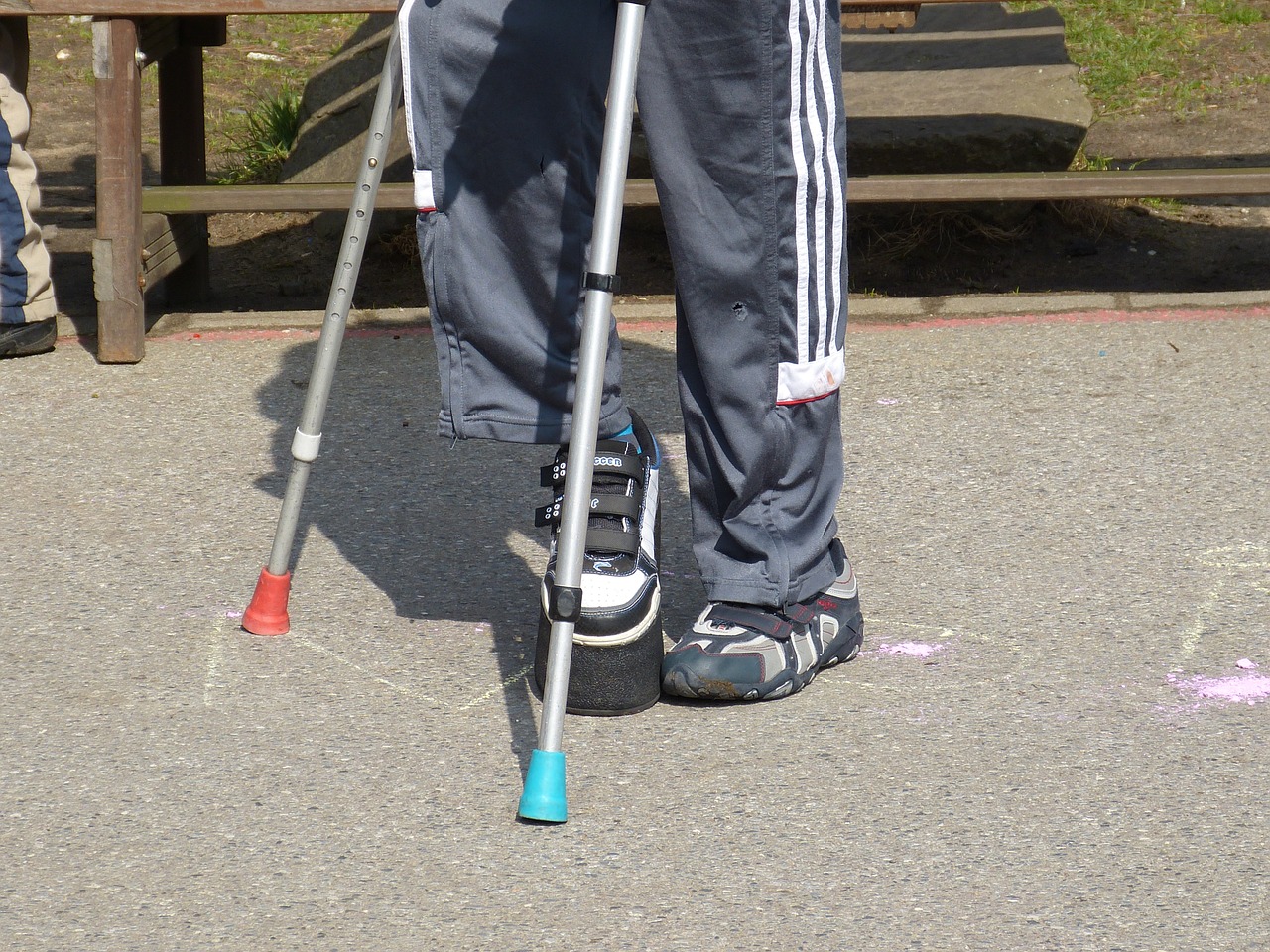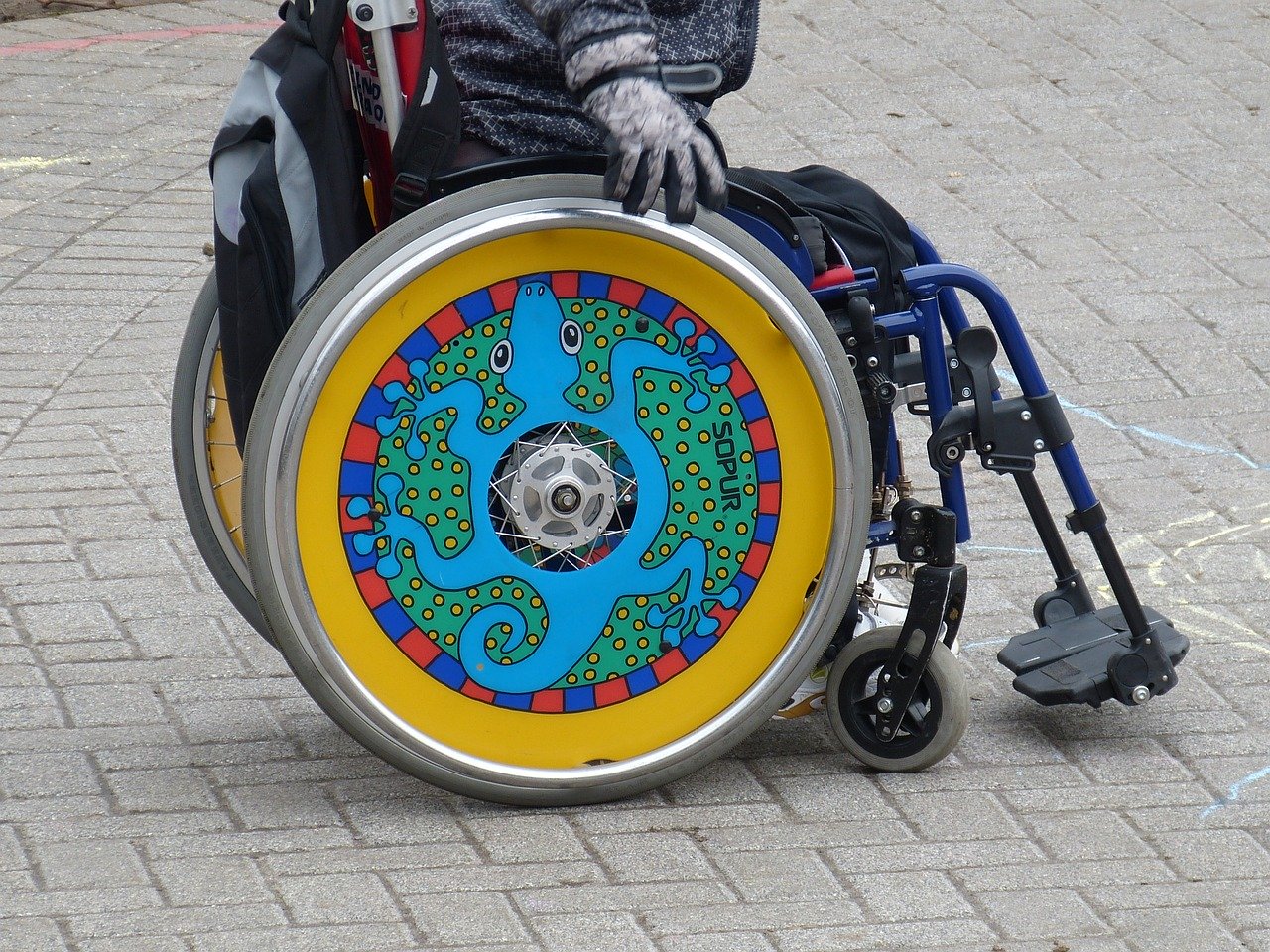Every child is different, and no approach will suit everyone. You need to work with your child to figure out how to best support their needs. Raising a child with a disability takes patience, empathy, and hard work. Encouraging independence is essential to ensure that they live the best quality life that they can. It is never too early to start thinking about preparing your child for later life.
Cerebral palsy is a brain injury that happens before, during, or after birth, while the brain is still developing. To learn more about the causes of cerebral palsy and how to recognise it, click here.

What does it mean to be independent?
Independence means different things to different people. It might mean doing things alone or with help, but people with cerebral palsy can pursue goals such as employment, living independently, family, and travel. An independent life means making their own decisions and reaching their goals.
For mild cases, this is easily achievable but people with more severe forms may need more help. Living independently means:
- Doing as much as they can without help.
- Accepting responsibility for themselves.
- Coping with changes.
- Following directions.
- Choosing friends.
- Going to appointments on time.
- They are performing everyday tasks and self-care.
- Being able to make decisions and maintaining autonomy.

Encouraging independence in children
As your child gets older, you want them to be able to live as independently as they can. And there are things you can do from a young age.
- Provide choices. Start independence early by allowing them to make decisions. Such as what they wear and what they eat.
- Avoid taking over. If your child is capable, then allow them to do things for themselves. If they can brush their hair or dress, let them do it even if it takes more time. Although it may be easier for you to take over, in the long run, they should keep having opportunities to practice skills.
- Set goals: Work with your child and see what goals they would like to set themselves – what do they want to achieve? If they are non-verbal, you can still work with their body language responses. If they find it meaningful, they are more likely to want to achieve it.
- Collaborate: Talk to teachers and therapists and work out how to build skills together. Be open and go at your own pace. Do not put any pressure on yourself or your child.
- Challenge them. Give them small challenges that they have to put effort into or practice. When they do achieve something, it will be even better because they had to work for it. If a task is difficult, make adjustments, and continue to adjust as they get better at it.
- Use assistive devices. If appropriate, use things that can help, such as special utensils, switches, buttons, or assistive technology. Work out what works best for your child. This can help their development and assure independence as they become more accustomed to using it.
this is a collaborative post

